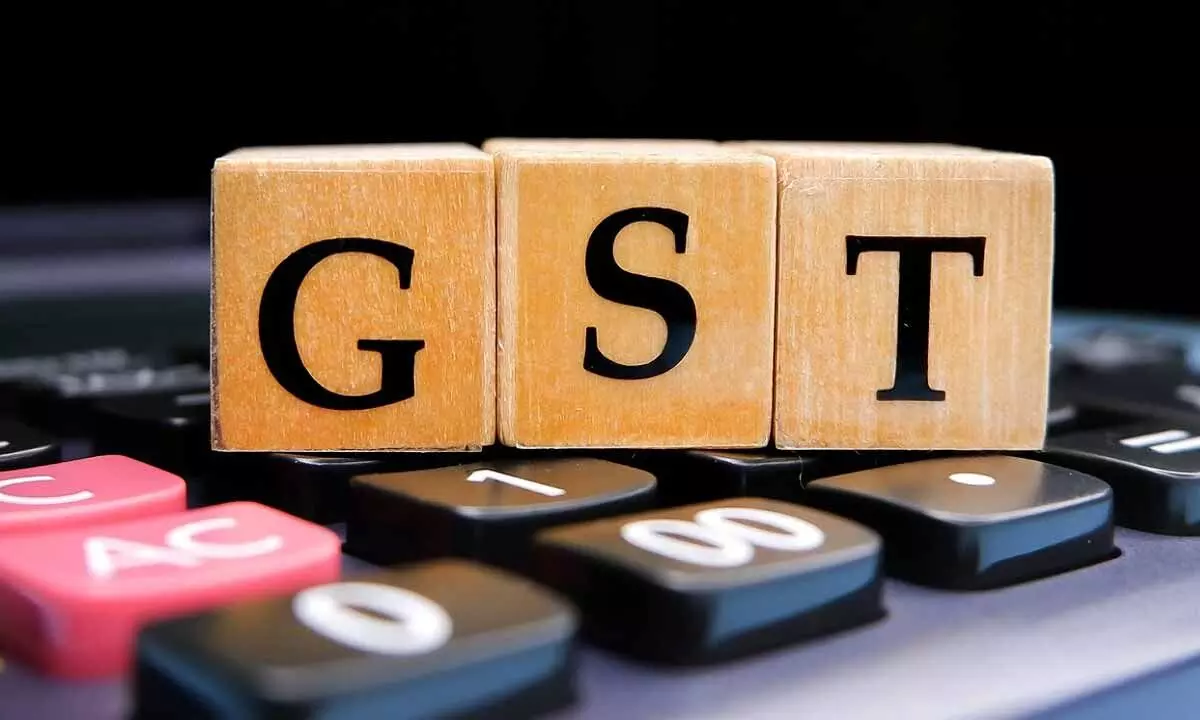18% GST on rent likely to dampen rental housing biz
The recent introduction of 18 per cent GST on residential rentals across India is likely to be a major dampener for the business of rental housing in India.
image for illustrative purpose

The recent introduction of 18 per cent GST on residential rentals across India is likely to be a major dampener for the business of rental housing in India. The revenue department under the Finance Ministry has introduced 18 per cent GST on house rent nationwide. The decision to this effect was taken recently at the 47th GST council meeting. It may be mentioned here that earlier, the service tax had been introduced in 2007 only for the rental of commercial real estate. Home ownership was excluded when GST was introduced in 2017. Earlier GST was not applicable if the residential property was rented to any person (whether registered or unregistered under GST).
In the new scheme of things, housing rented to registrants will be taxed 18 per cent GST.
In addition the lessee has to pay taxes and the lessor is freed from legal obligations. If the supplier (lessor/landlord) is registered for GST, it will be counted as outbound supply for reverse charge. The landlord has no additional liability for GST as the GST liability is on the recipient (tenant/lessee).
Claiming input tax credit is out of the question according to Article 17(2). Because outgoing services are taxable according to RCM and if the tenant is registered for GST and takes over the rental property from any person (registered or unregistered), GST under the RCM will apply. The obligation to pay his GST of 18 per cent is on the recipient of the service (lessee/tenant). The recipient can also claim her ITC (Input Tax Credit) of her GST paid under reverse charge. This is because rent payments are business expenses and are not included on the ITC block list u/s 17(5).
As a result of this change, tenants renting homes for retirement or for the purpose of providing employees and managers will be taxable. Moreover individuals or owners who are registered with GST and rented a home for personal use rather than business expenses are also taxable. This requires government intervention. Taxation on rents in countries like India would be a sensitive issue since the majority of the people are homeless.
The move has, ironically, come at a time when the rental business was almost becoming one of the main sources of income. Introducing 18 per cent GST for renting an apartment will have a big impact on the sentiment of the buyers. This decision will also have a serious impact on the demand for rental properties, sector analysts feel.
Mind you that under the GST law, a registered person could be an individual or a corporate entity. This registration is compulsory if the business or profession reaches an annual turnover of more than the threshold limit. The threshold limit for a registered person supplying services is Rs 20 lakh and Rs 40 lakh for the supplier of goods. However, if the registered entity is located in the North Eastern or special category States, the limit is Rs 10 lakh per financial year. It will also impact corporates and taxpayers who have rented out houses or flats for their employees. For example, guest houses or residences for employees will be taxed. This will increase the cost for companies offering free accommodation to employees. Besides, the new GST rule will increase the cost of every residential rent agreement where the transaction involves a registered person, such as a company or a corporate. How the government handles the situation remains to be seen.

